Part II: The Einstein-Serbu Correspondence
One of the best-known modern Romanian historians, Nicolae Iorga, has the distinction of being one of the few scholars of his day or before to document the lives of educated Romanian women [See “Ce carte invlitau odatli fcmeile le noi” (“Women’s Education in the Past”), Floarea Darurilor, An I, No. 3 (1907) 129-45, and Femeile în viaţa neamuluĭ nostru: chipurĭ, datine, fapte, mărturiĭ (Women in Romanian History—Portraits, Traditions, Testimonies), (Văleniĭ-de-Munte: Tipografia “Neamul Românesc,” 1911)], since the dominant view held that the role of a woman was to build a family rather than cultivate an intellectual life. A lesser-known iconoclastic Romanian was Melanie Serbu, born in 1909 in Tulgheş (near Brasov, Romania), who, as a young woman with only vocational education, struck up a 20-year correspondence with one of the most important intellects of the twentieth century: Albert Einstein. The 20 original letters from Einstein to Serbu, together with the over 80 manuscript pages of Serbu’s later reflections on each letter, are being offered at Swann’s October 26, 2023, auction of Fine Books & Manuscripts. The sale will mark one of the few occasions that a nearly-complete archive of correspondence by Einstein has come to auction.
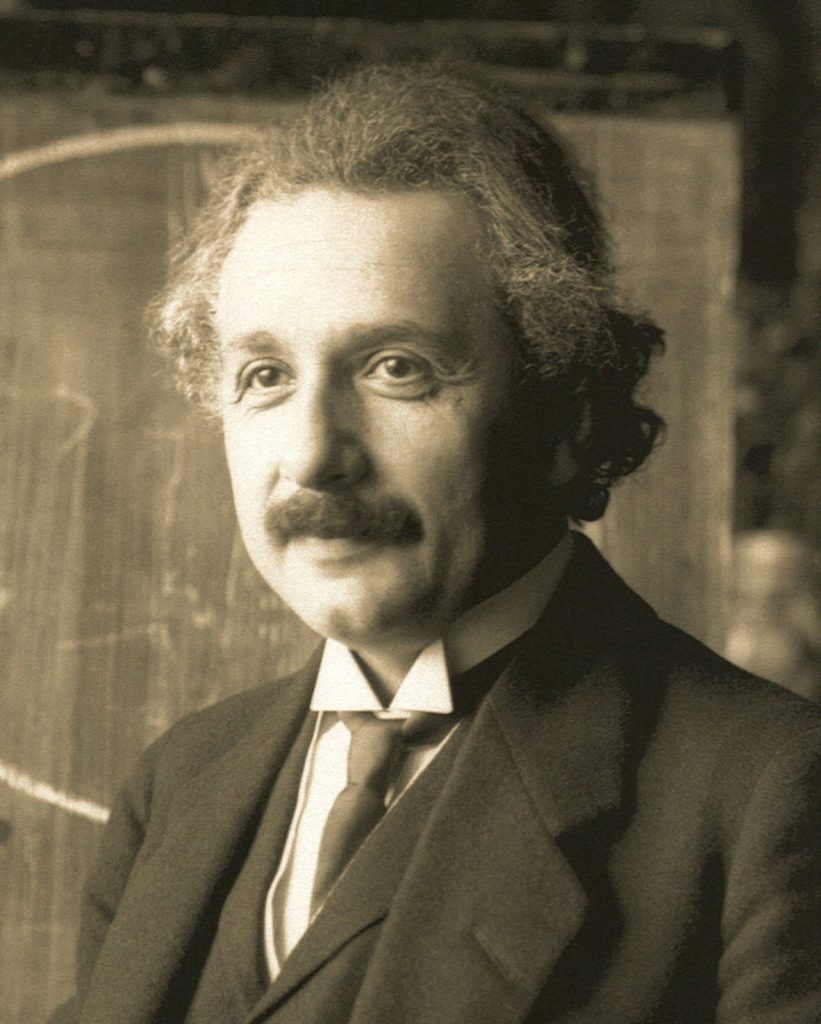
Right: F. Schmutzer, Albert Einstein during a lecture in Vienna in 1921.
Both Einstein and Melanie Serbu herself noticed a growing sense of confidence in Serbu’s grasp of physics since Einstein invited her in May of 1937 to submit technical questions to him and she immediately accepted the invitation. In her later reflections on the letter she wrote Einstein, Serbu described an insight she had while working at a laboratory as part of a physics internship: she saw the states of matter as differing only in the degree of their viscosity (that is, that matter exhibiting high viscosity is a solid; moderate viscosity, a liquid; and low viscosity, a gas):
I shared with Einstein . . . what I thought about the states of matter: solid, liquid and gaseous, the connecting bond of which could be the different degrees of viscosity. [Serbu’s Remarks on Einstein’s letter of May 25, 1937]
Einstein responded by criticizing her characterization of solid bodies, pointing out that elastic forces in bodies disappear during rapid deformation, so talk of viscosity could only make sense in bodies under slow deformation. In the letter, he proceeded by giving his own view on the nature of liquids, namely that they are solid bodies that have a low resistance to deformation, which has testable consequences:
The conception of liquids as easily flowing solid bodies would then lead to the expectation that there would be transverse waves of very high frequency in liquids, but not that they would not deform if the deformation limits were small enough. [Einstein to Serbu, 25 May 1937]
Einstein’s next letter to Serbu is extraordinary, elaborating the ideas in the previous letter by deploying equations that model the deformation of a volume of liquid and pointing out the consequent high frequency waves which do not appear in the models provided by viscosity theory. Einstein speculated that no one had yet attempted to generate and observe these waves, so the topic might make a good thesis topic for Serbu:
I am glad that you agree with me on the concept of liquids as quasi-solids. Don’t talk much about this matter with others; I believe that this could make a nice topic for your doctoral thesis later, and I am thinking primarily of the theoretical implementation of the idea. [Einstein to Serbu, 15 July 1937]
As helpful as Einstein’s suggestions might have been, Serbu nevertheless chose to develop her own thesis, which followed from the insight she had about the continuity between states of matter [when she had completed it years later, her dissertation bore the title “Einheitliche-Theorie der Aggregat-Zustaende, Viskositaet als Bindeglied genommen”—though she never completed a doctoral degree program].
By the spring of 1938, the rising pro-Nazi sentiment in the Sudetenland and elsewhere made life increasingly dangerous for Serbu, even in Prague. It was at this time that Serbu’s patron, Nicolae Malaxa, visited Prague on a business trip, where the two met. Serbu recalled the following of the meeting:
In response to my ideas about the political clouds gathering on the horizon, Mr. Malaxa was immediately willing to make my further studies in Switzerland . . . materially possible. He wrote to the Swiss embassy in Romania. [Serbu’s Remarks on Einstein’s letter of August 10, 1938]
The Munich Agreement, in which Nazi Germany annexed parts of Czechoslovakia, was signed at the end of September.
Serbu made the move to Switzerland, and before the middle of February of 1939, she had been enrolled at the University of Zürich. Tragically, Serbu began suffering from tuberculosis within two months of the start of classes. On hearing of this, Einstein extended his sympathetic hand by sending Serbu a letter of recommendation that she could take to his childhood friend, Heirich Zangger, Director of the Institute of Forensic Medicine at the University of Zürich, a specialist in tuberculosis. Zangger began treatment and sent Einstein regular reports of Serbu’s condition during her convalescence. Before she could recover completely, however, she was compelled to move again. In 1940, as Switzerland mobilized for a potential Nazi invasion, Malaxa advised Serbu to return home to Romania, even though it had come increasingly under Nazi influence. The Romanian Legation in Bern provided Serbu with a transit visa for non-Jews, allowing her to return home, just as the Nazis began occupying Romania. While her homeland was occupied by Nazis, Serbu cared for her ailing mother.
In August of 1944, the Soviet Army liberated Romania from the occupation, but imposed its own harsh conditions, including the social disruption caused by the change to communism and the poverty caused by war reparations. The years of hardship under both Nazis and Russians, illness, as well as familial and other responsibilities, made Serbu’s academic pursuits in Romania impossible. When her mother died in 1946, Serbu began working as a teacher in mathematics and physics in various middle schools. In 1949, she was hired at the new Institute for Mechanics at the University of Brasov, where she worked until 1954. In his last letter to Serbu, Einstein congratulates her on the teaching career, urging her not to be disappointed about having been unable to pursue an academic career in research:
You don’t have to be sad about not being able to work in your . . . subject. Teaching is always satisfying when you have an interest in young people. I would have liked to do it when I was young, but couldn’t find a job. [Einstein to Serbu, 21 April 1948]
Seven years after signing this letter, Einstein died. Despite corresponding for nearly 20 years, Serbu never had the opportunity to thank Einstein in person for having helped her to glimpse the world of theoretical physics, a domain overwhelmingly populated by men.
In 1958, Serbu moved to Israel to live out the final chapter of her life. During the 1970s, Serbu transcribed Einstein’s letters and began recording her recollections and mature reflections concerning her correspondence with the aim of publishing a book. She envisioned a sort of memoir that included copies of Einstein’s letters. When she wrote the trustees of the estate of Albert Einstein in 1972 to discuss her proposed book, they declined to grant her permission to reproduce the text of Einstein’s letters. Serbu nevertheless continued to distribute copies of Einstein’s letters to various institutions in order to preserve their correspondence, but she never published her book.
In a 1976 letter to Fred Grubel, Director of the Leo Baeck Institute where copies of the correspondence are housed, Serbu wrote:
To my great, still unresolved pain, I was forced to give up the Einstein letters; I didn’t get much for them–had to accept what was offered. Prof. Dr. E[rnst] Brüche, publisher of the “Physikalische Blätter,” comforted me with the words, “Einstein would have been happy if he had known that he could help you with this and the letters are in better hands with the buyer than with you.” [Serbu to Grubel, 14 September 1976]
Serbu died in Haifa in 1985.
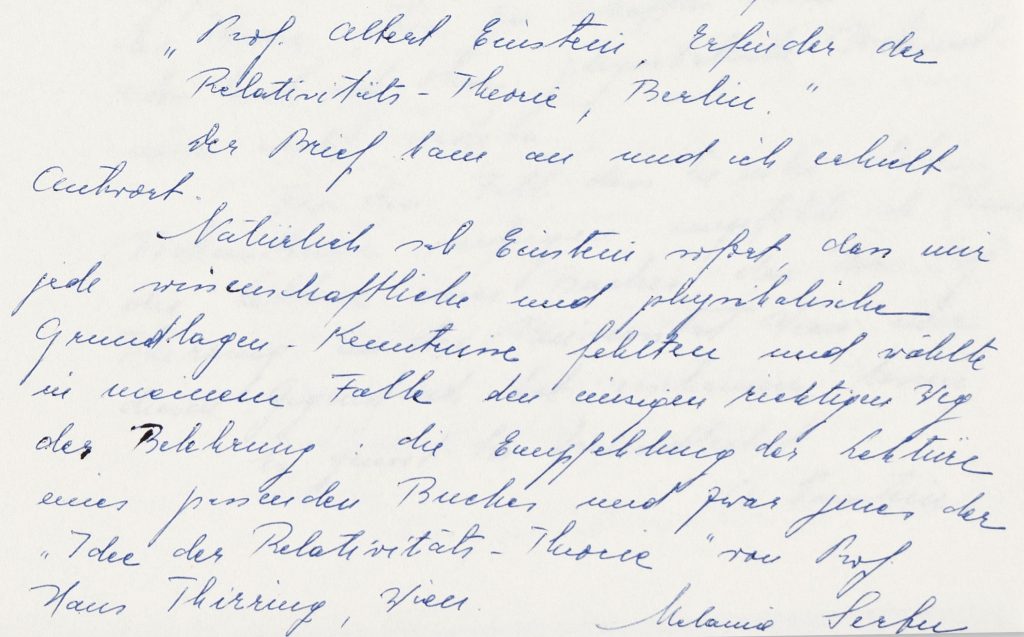
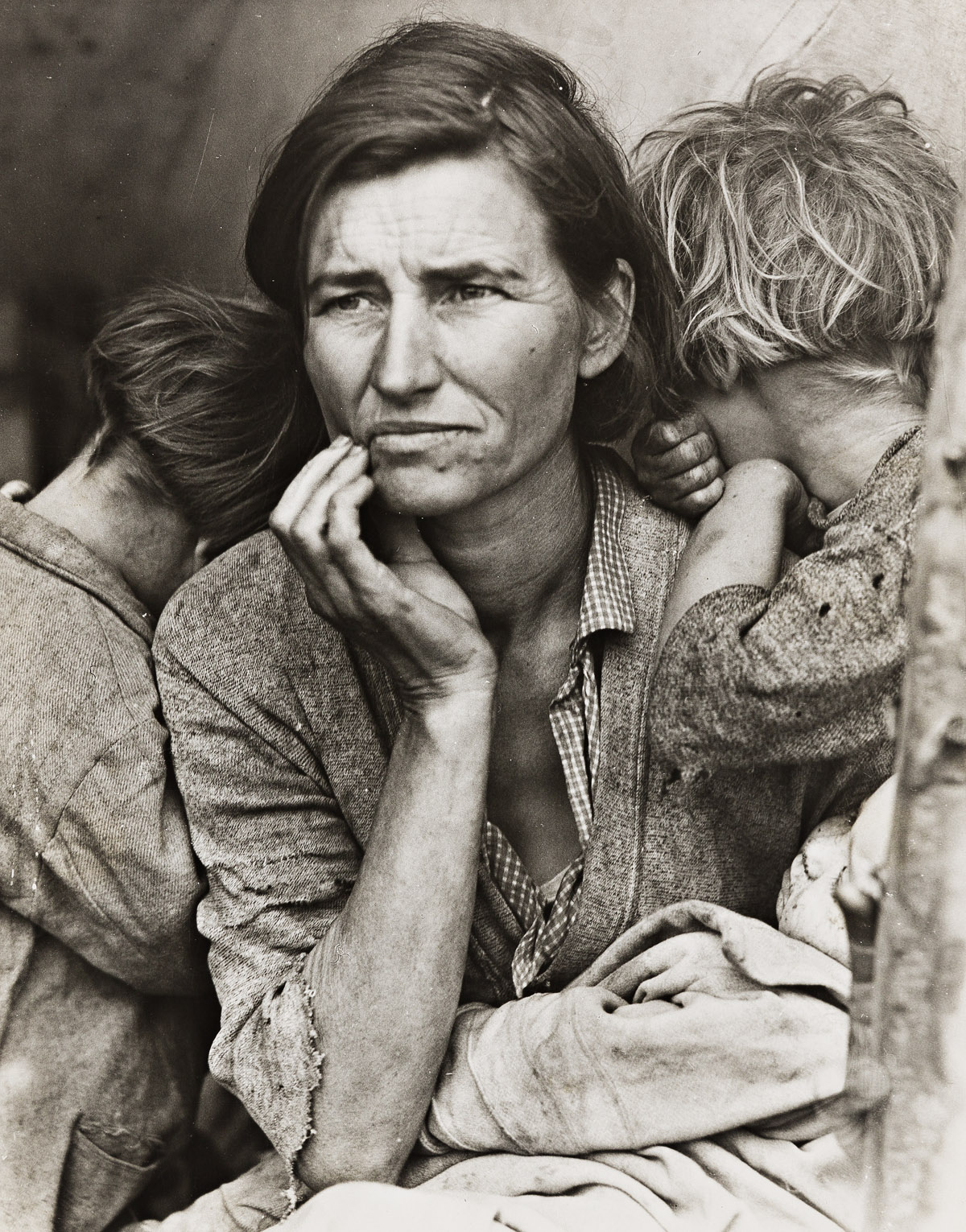
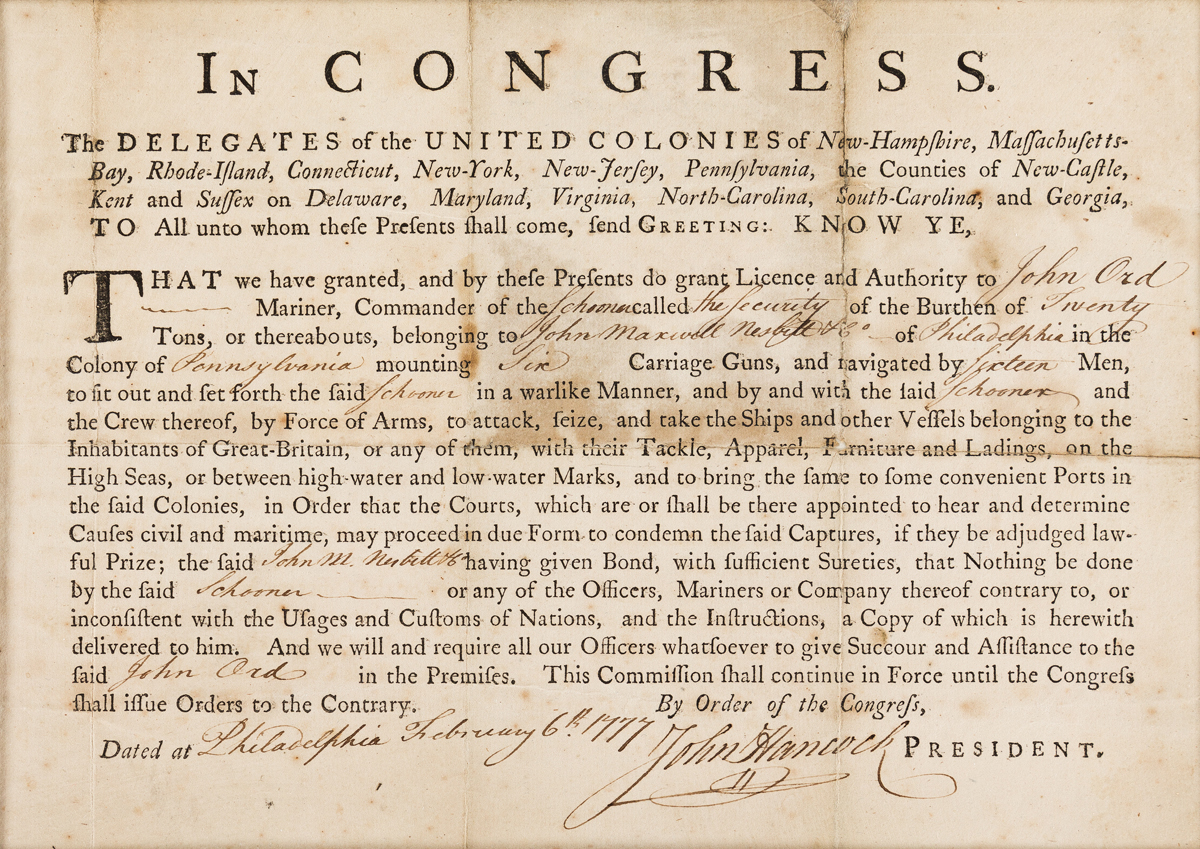
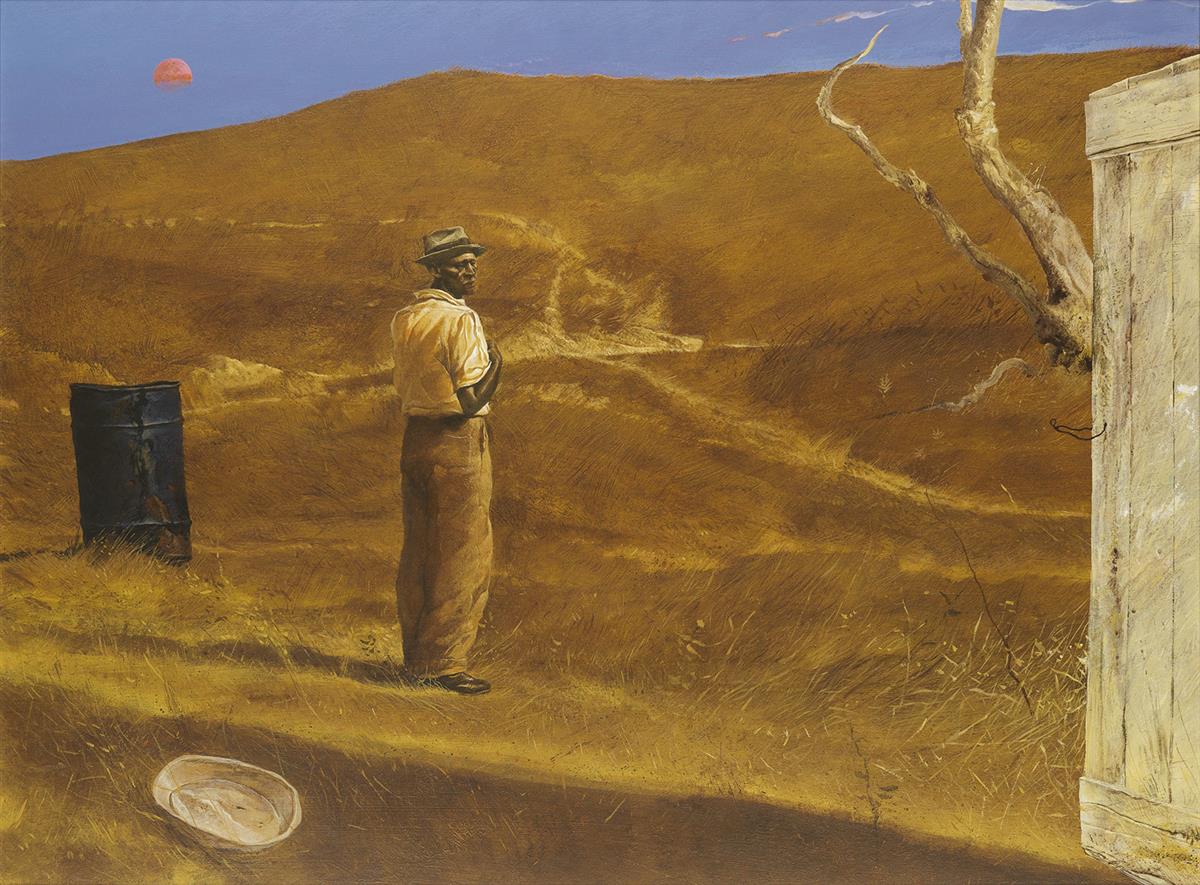



![Grace Meschery-McCormack shares about two copies of Fernando de Rojas’s ‘La Célestine,’ including a limited edition copy illustrated by Pablo Picasso.
At auction April 22. Learn more about the works at the link in our bio.
#Rarebooks #rarebookdealer #antiquarianbooks #auctions
_______________________________________
Music Credit:
Schubert - Piano Quintet in A major ‘The Trout’, D. 667 - IV. Andantino – Allegretto
Music provided by Classical Music Copyright Free on Youtube [https://tinyurl.com/visit-cmcf]
Watch: • Schubert - Piano Quintet in A major ‘...]](https://scontent-iad3-1.cdninstagram.com/v/t51.75761-15/491443494_18499096345036585_5935932878956098058_n.jpg?stp=dst-jpg_e35_tt6&_nc_cat=107&ccb=1-7&_nc_sid=18de74&_nc_ohc=Z9JEGkAXHREQ7kNvwGGUot6&_nc_oc=AdmJSnx8eY0WSW4ZCrMwPTmQIsTfafOSyYaXtUeWluHXKdvbxi2gWaQXyIMLUy6-JA4&_nc_zt=23&_nc_ht=scontent-iad3-1.cdninstagram.com&edm=AM6HXa8EAAAA&_nc_gid=q6boobyBxcAXa1wEr6CJOA&oh=00_AfEEkfEa4M7jycP-Zh8caWQb31pC3JZaO2ETE3TOM0grLQ&oe=68072051)











